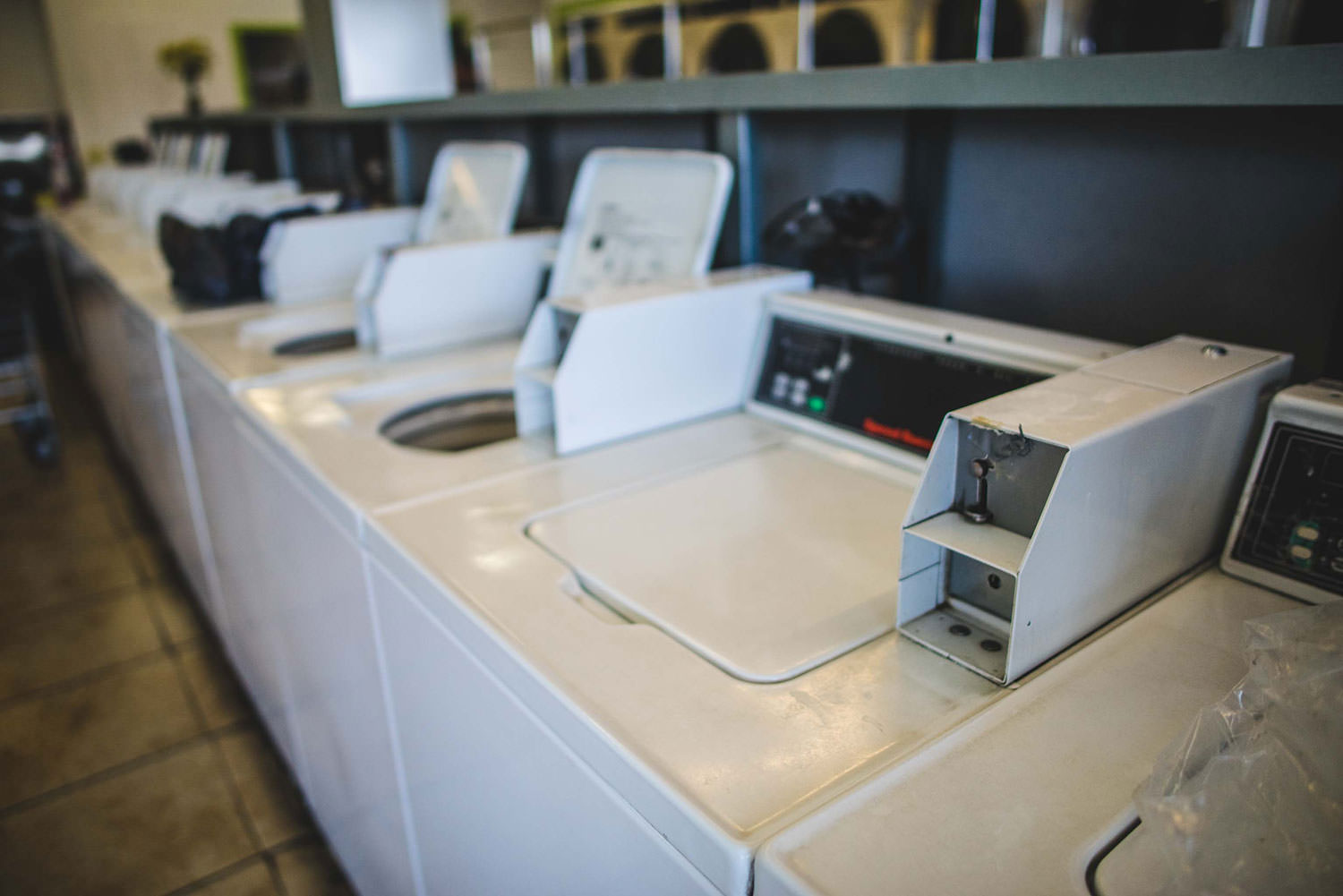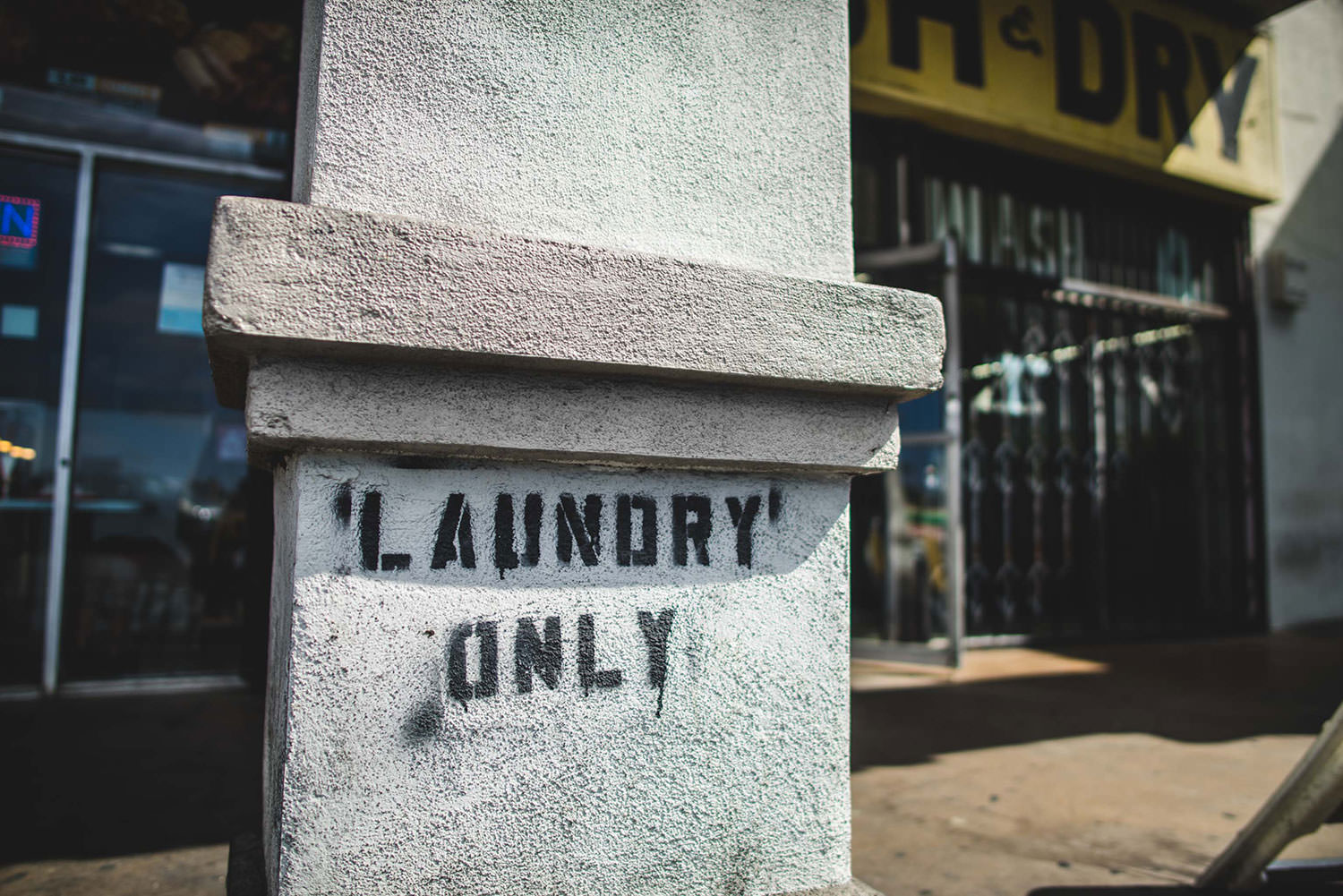
We owe a lot to Yick Wo.
By we, I mean Asians living in the United States, whether we’re citizens or not.
And by Yick Wo, I mean the man who went to jail for running a laundromat in a wooden building.
Decades before the Supreme Court took on cases like Brown v. Board of Education, which said “separate but equal is inherently unequal” in regard to segregated public education, the 1886 case of Yick Wo v. Hopkins was one of the first Supreme Court cases to use the newly minted 14th Amendment. The 14th Amendment, authorized in 1868, declares that states cannot discriminate against individuals or groups, because everyone is guaranteed equal protection by law.
In 1880, San Francisco passed a law stating that laundries in wooden buildings needed a special health and safety permit. That doesn’t sound racist, but no Chinese-owned laundries were able to get a permit, while only one white-owned laundry was turned down.
The owner of Yick Wo Laundry was jailed for continuing to run his laundry without a permit. It took six years to win that case (his win can be thanked in part to the Black people and abolitionists who worked to create the “equal protection” clause added to the constitution after the Civil War).
Yick Wo wasn’t a U.S. citizen — he wasn’t allowed to be one at that time in our history — and yet he fought for his basic rights in a case that has since been used 160 times as court precedent, helping others who have faced discrimination.
What does this have to do with capitalism? And what does it have to do with Christ?
Fear, money, and race
My mother has pointed out that Jesus didn’t say that money is the root of all evil, just the love of money. That sense of attachment runs deep, and it’s wrapped up in the two things that lead us to sin: greed and fear. The history of racism in this country and the history of capitalism are intertwined with these two things, also: greed and fear.
In anti-racism trainings, I talk about a definitive moment in pre-U.S. history: Bacon’s Rebellion. White indentured servants and Black people who had been enslaved rose together to take on the white land owners, the people who were making them suffer. The moment when people experiencing different oppressions saw their fates wrapped up in each other’s was a huge threat to the people who held the power and the money. They knew they needed to keep those groups divided. So, they began to phase out indentured servitude and began to build up a narrative of “the science of race” — a truly bad science. It argued that white people were the superior race (based on measuring the size of the head and other silly notions), caricatured some races, and pretty much erased others. The categories have evolved as different groups came to be defined as white and new groups showed up on U.S. shores more visibly.

It’s a brilliant strategy, and one that still works today: In order to retain power and resources, convince people with fewer (or no) resources that you’re not the problem, but that the other under-resourced group is the problem. And, simultaneously foster a story of how anyone can make it to the top if they try hard enough.
In fact, the landowners already did part of the job before Bacon’s Rebellion ever happened. A part of the story I only learned when I read indigenous histories was that the white indentured servants and Black people went after the landowners ... and the indigenous (native) people: They had already internalized across their two races the notion that Native Americans were dangerous savages who were a threat to their livelihood.
Is this just the way it is?
This summer, I facilitated an anti-racism training at a suburban church. To illustrate a point, I showed a video of a young Black man being forced to move out of his neighborhood in San Francisco because of gentrification as wealthy techies, mostly white, were moving in. A man asked, “Well, isn’t this really about capitalism?” I could be wrong, but I think what he meant was, “Isn’t that just the way things are in a market economy?”
We had gone over some hidden histories of the U.S. earlier in the day, so I said, “Would capitalism look different today if Native Americans had been counted in the first U.S. census? Would it look different without the Chinese Exclusion Act? Would it look different if people hadn’t been able to earn millions in wealth passed down across generations because of the slave trade? Would it look different if Latinx Americans hadn’t been falsely deported by President Franklin D. Roosevelt, losing their money and land? Would it look different if the GI Bill after World War II had been usable by veterans of all races to buy houses wherever they wanted, instead of federally sanctioned redlining, affecting where people could buy? Would it look different if Asians had been allowed to start families and become citizens in the late 1800s?” My point was that capitalism in this country is inextricably interwoven with racism.
Why did Yick Wo end up in jail? Because San Francisco feared economically successful Chinese people.
Why was Yick Wo running a laundry in the first place? After the gold rush, Chinese Americans were very unlikely to be hired by other businesses, so they had to start their own, and they filled the gap, doing a hard, backbreaking job that not a lot of white folks wanted to do if they didn’t have to. That’s capitalism, and it’s racism. It happens over and over, from shrimping to farming to nail salons to recycling.
When we succeed, we can attribute it to our work ethic. We might even note how our work ethic is better than that of some other group of people who have experienced racism (or classism) in a different way.

When we struggle, we rarely blame it on the people with the vast quantities of wealth who are so removed from our existence. We usually blame it on the people just above or below us economically.
There have been a fair number of South Asian and Arab Americans who were not able to get stores in white suburbs; they were only approved for loans (or could only afford to buy) in low-income Black communities.
The tensions between shop owners and community members run deep: My people sometimes treat Black people with very little respect, considering the fact that we are in their communities and earning a living off their money. We have been taught they are inferior, they are a threat, they are here because they are lazy, in contrast with our hard work ethic that got us here in the first place. We don’t know and don’t learn why the communities have been abandoned or been disinvested in by their government. We don’t know and learn about the barriers low-income Black people face to education and jobs and hope. And we don’t pay attention to the reality that the same banks that won’t invest in our communities are the same banks that made sure we weren’t running a store in a wealthier community. And when things are at their worst, we can become the targets of rage at injustice by members of the community, when all of us in different ways are actually most significantly harmed by people and systems that feel a world away.
The aftershocks of Bacon’s Rebellion continue to echo in our lives today.
Being like the guy at the side of the road
When Jesus tells the story of the Good Samaritan, there are two sets of villains. The robbers are driven by greed. The religious leaders are driven by fear.
The Samaritan, from a group reviled by the Jewish people, risks his own safety and pours out his financial resources for the well-being of a total stranger.
One of my clergy colleagues argues that Jesus didn’t mean for his listeners to identify with the Samaritan and be like the Samaritan — that would have been too much of a stretch. He wanted them to identify with the man by the side of the road, to pay attention to how people in power would hurt them for profit or walk by them out of fear. He wanted them to be aware that the person they had been taught was their enemy might actually have the most in common with them. The person they had been taught was their enemy might be their best chance of survival.
The religious leaders profited off poor Jewish people seeing the temple as their salvation and Samaritans as their enemy. They functioned out of greed and propagated fear.
Greed and fear drive this nation in tragic ways and has cost it its best possibilities.
May we learn more about the heroes who have made our life here possible: heroes like Yick Wo and the civil rights leaders who fought for our right to immigrate here. And let us pay more attention to who we’ve been told are our enemies, as well as who profits from us continuing to believe those stories.

Sandhya Jha (she/they) is an equity and anti-oppression consultant with years of experience in the field. Sandhya continues to work part-time at the Oakland Peace Center, a collective of 40 organizations working to create equity, access and dignity as the means of creating peace in Oakland and the Bay Area, which they founded in 2012. An ordained pastor with a masters in publicpolicy, Sandhya is comfortable in the pulpit, on the picket line or hanging out with friends and friends-to-be over a good cup of tea and a good story. You might enjoy Sandhya's newest book, a theologically progressive dailydevotional; learn more about it here.
